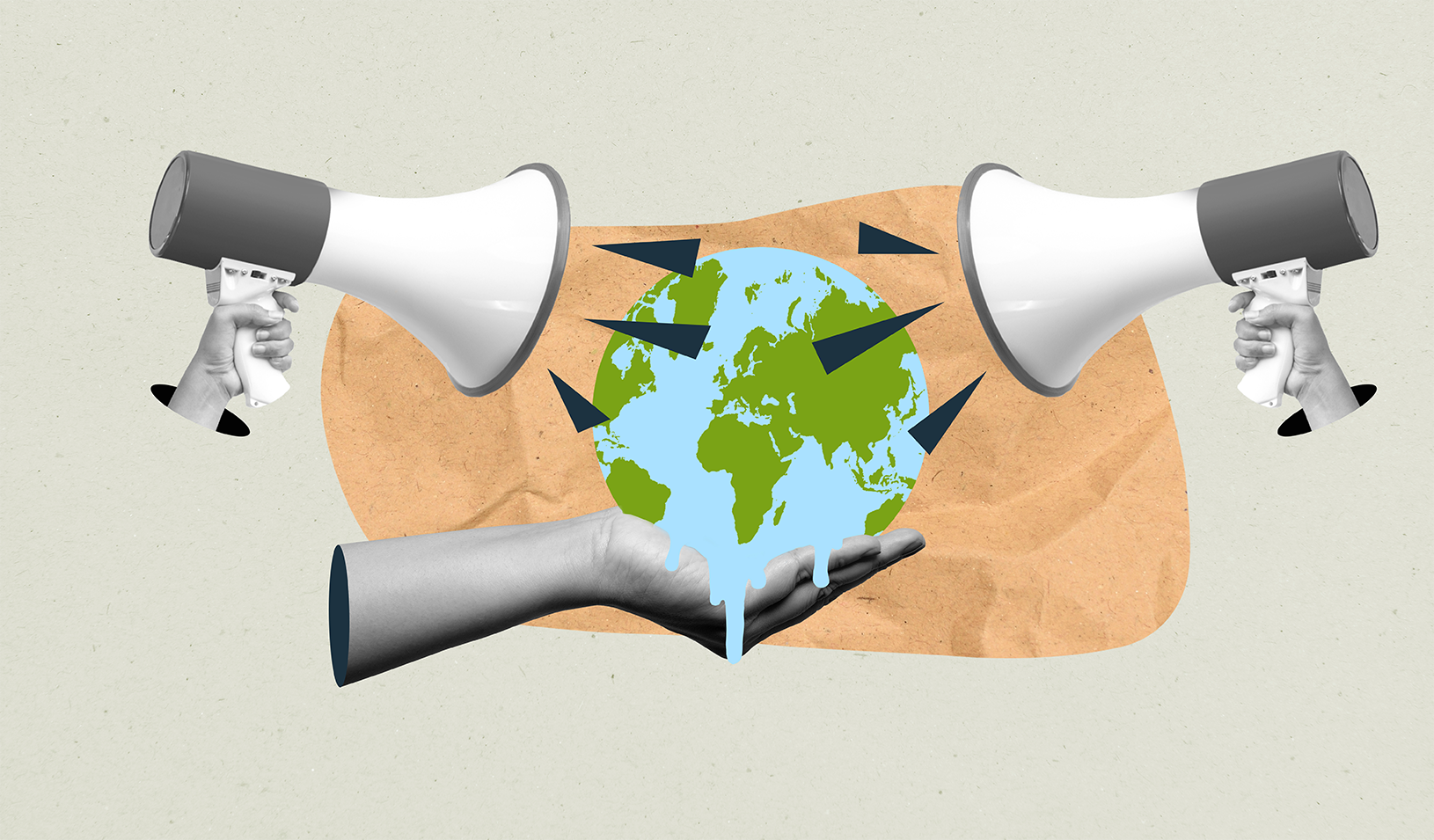February 09, 2010
| by Joyce RoutsonAre we running out of water? No. But we are depleting some important water sources necessary for growing food and sustaining fisheries.
That is the message Peter Gleick, president of the Pacific Institute, gave to Stanford Graduate School of Business students Feb. 9 during the 2010 Conradin von Gugelberg Memorial Lecture on the Environment.
“As our population grows, the competition for water for grows,” said Gleick, a MacArthur fellow and recognized expert on water resources, as he outlined the water supply challenges in the western United States. In some places in the West, such as the groundwater aquifers in California’s Central Valley, we have reached a peak in water production. Agriculture has so depleted those nonrenewable aquifers that half of the supply is used up.
“As we take more and more water we reach a point where if we use one more unit it causes more harm than provides benefits,” Gleick said. “In many places we are past peak ecological value.”
Calculating the ecological value of water is central as we shift to a new way of thinking about water, he said. It goes like this: The more uses humans have for water, the more valuable it becomes. But as we take water from the watershed, the ecological value the water was providing for plants and animals declines. At a certain point — the peak — the two forces intersect, and the value of ecological services provided by water is equivalent to the value of human services provided by water. After this point, taking more water for human use causes ecological disruptions far worse than the value it adds for us.
We’ve reached that point in California, Gleick said. “Where we have nonrenewable resources, we are increasingly hitting peak ecological limits.”
Politicians and engineers have grappled for years with solutions to California’s water shortages. It’s unlikely more dams or huge infrastructure projects will be built, so what’s the alternative?
Gleick called for looking to other kinds of water supply, such as treated wastewater, desalination, or rainwater harvesting. Maintaining the infrastructure we already have is important, as well as growing crops that take less water. And he called for proper pricing mechanisms and markets to limit cheap water.
The good news is that we can do everything we need and use far less water. “Truly sustainable water management requires efficiencies, smart economics, improved technology, and better governance,” he said. “We can do it now; if we don’t we’re in for much pain and suffering.”
The Conradin von Gugelberg Memorial Fund was established by members of the Stanford MBA Class of 1987 to honor the memory of their classmate who died shortly after graduation. Because of his interests and commitment to environmental protection, the fund is used to promote an environmental ethic among business school students, alumni, and the community.
Gleick was elected to the National Academy of Sciences, Washington, D.C., in 2006. He received a BS from Yale University and an MS and PhD from the University of California, Berkeley. He is the author of numerous publications and is working on a book about bottled water. The Pacific Institute, based in Oakland, Calif., currently has three main programs of research: water, community strategies for sustainability and justice, and globalization.
For media inquiries, visit the Newsroom.






